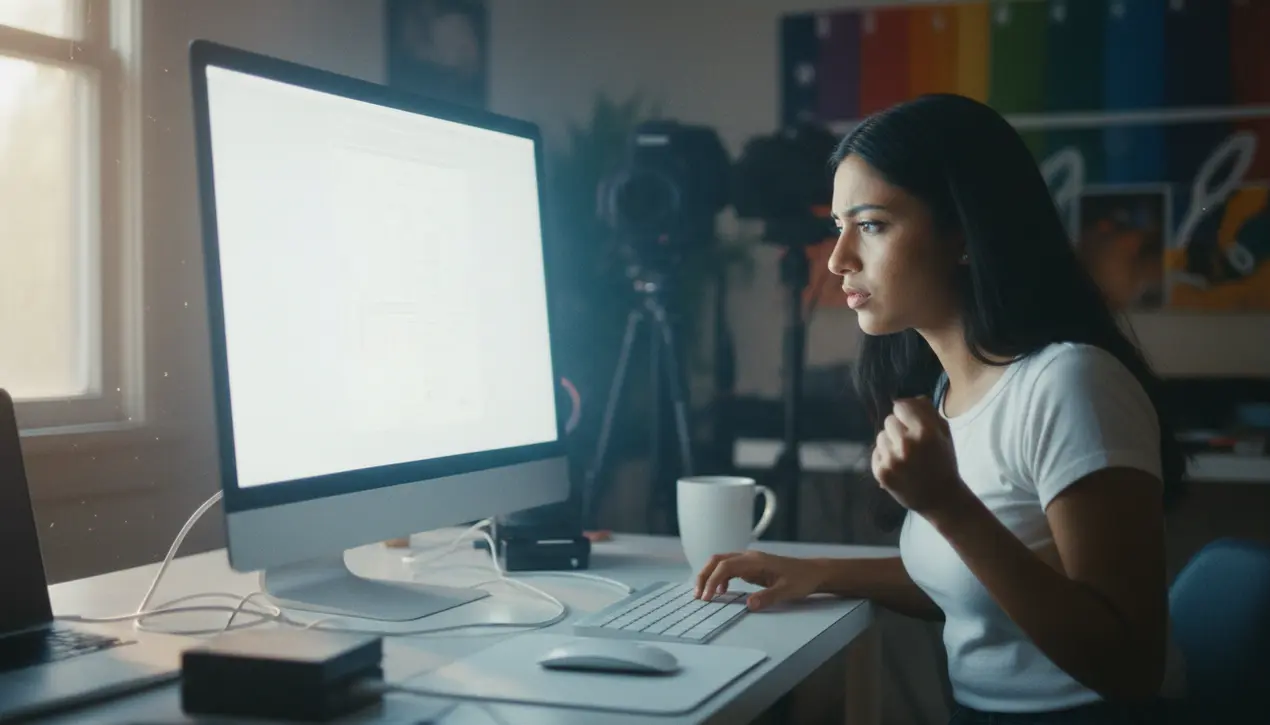
PoliticslegislationDigital and Tech Laws
Facebook rolls out new tools for creators to track stolen content
AN
Andrew Blake
5 hours ago7 min read3 comments
Facebook's parent company Meta is rolling out a new suite of tools dubbed 'content protection,' a move that directly addresses one of the most persistent and frustrating issues for digital creators: the rampant, unauthorized reposting of their original video content. For years, creators on platforms like Facebook and Instagram have watched helplessly as their hard work—often their primary source of income—is lifted by other accounts, siphoning away views, engagement, and potential revenue.This new system, integrated directly into the Facebook app for creators enrolled in its monetization programs, represents a significant shift from the previous, more cumbersome 'Rights Manager' platform, aiming to democratize content defense by making it more accessible. The tool automatically scans for reels that have been copied, either in full or in part, and presents the original creator with a dashboard detailing the infringing accounts.What makes this particularly insightful is the granular level of control offered; creators aren't just given a blunt instrument. They can choose to simply 'track' the offending clip, which attaches a permanent label crediting them as the original source and allows them to monitor its performance metrics—a savvy move for those who see value in the extended reach but demand attribution.Alternatively, they can opt for a full 'block,' which makes the video invisible to everyone, though notably, Meta has clarified this action carries no additional penalty for the content-thief, a decision that will likely spark debate about the effectiveness of deterrents. A third, more diplomatic option is to 'release' the video, effectively washing one's hands of it and removing it from the monitoring dashboard entirely.The strategic depth here is fascinating, as the dashboard provides crucial contextual data, such as whether the reposted reel is being monetized by the copycat. This transforms the decision from a simple emotional reaction into a calculated business choice; a monetized stolen video is a direct financial threat, whereas a small account's repost might be monitored as a potential marketing vector.It’s a fascinating microcosm of the broader digital economy, where ownership, exposure, and revenue are in constant tension. However, a critical limitation tempers the excitement: the feature is currently only available to creators who first post their original reels on Facebook, meaning an Instagram-native creator remains unprotected even though the tool scans Instagram for copies.This rollout, initially targeting creators who meet 'enhanced integrity and originality standards,' highlights Meta's ongoing battle to balance platform growth with creator retention, a challenge that has become increasingly acute as competitors like TikTok and YouTube refine their own creator support systems. The long-term implications are substantial; if effective, this could set a new industry standard for intellectual property protection on social platforms, potentially forcing others to follow suit or risk a creator exodus.It also raises profound questions about the very nature of content ownership in an age of remix and repurposing, forcing a conversation about where inspiration ends and theft begins. For the countless creators who have built careers on these platforms, this isn't just a new feature—it's a fundamental tool for professional survival, a digital shield in the ongoing war for creative control.
#Facebook
#Instagram
#content protection
#intellectual property
#creators
#Meta
#featured
Stay Informed. Act Smarter.
Get weekly highlights, major headlines, and expert insights — then put your knowledge to work in our live prediction markets.
Related News
Comments
Loading comments...
© 2025 Outpoll Service LTD. All rights reserved.